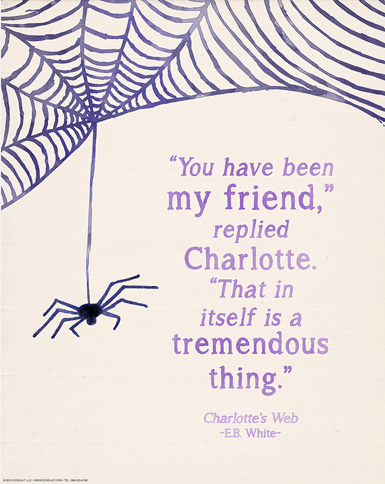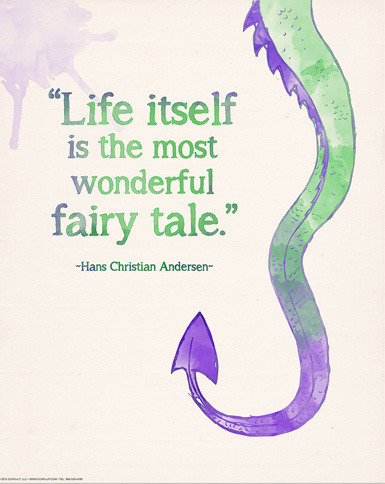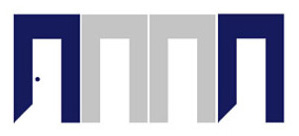As humans, we have thought that we are very different than the rest of the animal world. However, one by one, myths have been falling. We are neither the only species that it is violent, nor the only one that goes to war, we are neither the only one that commits infanticide, nor unique in food preparation. We are not even the only one that has a language or produce and use tools. The list goes on and on.
Nonetheless, there is still something that it is clearly different from us and the rest of the animal kingdom. We are the only species capable of creating communities between strangers. More importantly, distant strangers. We are capable of creating bonds with people we neither know nor have ever seen in order to pursue a common goal. That’s possible thanks to our extraordinary ability to record and share information. We, as a species, have arrived so far, even distant planets, because of that capacity. What has been, in my opinion, the most important trait of humankind is its methodical advancement in producing and, above all, recording and sharing information. From the first men painting their hunting activities in the caves of Altamira, to hieroglyphs, to printed books, to the Internet, we have always tried to leave our knowledge -and our doubts- for the next generations.
I mentioned earlier that we are the only species that connects with strangers and bonds without ever seeing the other. Information allows us to create communities to pursue the well-being of a bigger group. Our strength relies on the fact that we can be much stronger and smarter together.
Inevitably, as we increase our presence and power over this planet, information has grown exponentially. Keeping track of that avalanche of data and resources requires a systematic approach to make it always available to more and more people. From our times in the caves to our global village, much has been studied and recorded. The more information we need to handle, the more important is to have trained professionals to organize it in a reachable way for the rest of us. And that is precisely the reason for our need of libraries and librarians.
Some people argue that the work of a librarian can be done by computers, e.g. Google. I don’t doubt that artificial intelligence is reaching far and it might happen that in the future, as some fear, could obliterate us from being the top of chain. However, I believe we are still far away from this headache. Far away technologically and also socially.
In our current world, and for the next decades, we still rely on people to organize information, especially because, as the history of humankind has shown, information is the main tool for our social interaction. Yes, we are a bright species thirsty for knowledge but, above all, we still are social beings. Knowledge and data makes sense for us as a whole, not strictly as individuals, because nothing we may want to achieve today can be done exclusively by one person. The world has grown so complex that we all need someone else (or thousands of people, for that matter) to reach our goals. Our goals are bigger than ourselves that’s why need “the others”
It is this particular aspect, that makes librarians indispensable. Through library institutions we are not only sharing content, we are creating bonds of two kinds. The one with form when we read, for example, something published by a person 5000 miles away from us, and the other when we share data together, from the same location e.g., how to protect ourselves from hurricanes. At this very moment, I’m preparing for the arriving of one and I couldn’t do it if I wouldn’t have neighbors that are sharing my same fears and hopes. Neighbors that in some cases have experienced other hurricanes and have so much to offer. What I’m trying to say is that knowledge is not only data. It is much more than that. It is interpretation, it is accessibility, it is comprehension. There is so much to learn that we can not do it by ourselves. We all need each other. Handling more knowledge doesn’t let us isolate, on the contrary, it is forcing seeing ourselves as a pluralistic entity. The more information is out there, the more help we need to grasp it and use it. Libraries are the communal spaces where we find information and our community. We discover the world and in the process we discover ourselves.
If we check the polls of the Pew Research Center, about 48% of the population of the U.S. uses the library. Interestingly enough, most of them (80%) think the library is the place to obtain the skills to handle digital information, In short, the majority think that libraries aren’t -and shouldn’t be, static information repositories but proactive trainers in the use of new technologies. Even in the case that visits to libraries are trending down, their websites haven’t seen any reduction which proves that the communities perceive clearly the value of the library.
Additionally, job seekers and startups may find relevant information to narrow their searches to the most targeted options. Access to databases may be extremely expensive for an individual, but institutions may convert that large expense to a higher value. Every new business that opens or every new person finding a job is helping the entire community by increasing the money flow from taxes to services. One person getting a middle position in a company will most probably pay more taxes to the state, than the costs of one of the state business databases accessible freely at the library.
Libraries also nurture the spirit of lifelong learners and those learners tend to develop a strong analytical, critical mind which, I dare to say, will make them less gullible to fake news or manipulations. More than that, the pleasure for learning will keep growing. Its unstoppable.
In our globalized world, the more able we are to access information, the more competitive we are. Our societies are transforming and knowledge is key to progress. If we want to be leaders in the world, we need to make sure that every person in this country has access to the most up to date information possible.
Libraries have strongly proved that they deserve to be considered the most democratic of our institutions. It doesn’t matter education level, beliefs, economic status, political affiliations, or in general, simple preferences. Everybody is accepted at the library and has the right to use it, to learn, and to connect.
I understand that sometimes it is hard to see the benefits of what one librarian is doing today in a media center in a school in a little town in the middle of nowhere. But just because it is a quiet performance it is not less important. That young person using the library today, might the one flying to Mars tomorrow. Knowledge is cumulative and it is built and organized step by step, little by little, in invisible ways most of the time, and the goals are in the long run. Its results will be seen tomorrow in research, environmental protection, or the arts.
To calculate the return on investment of libraries is hard because, as I said, many variables are hard to quantify, but what can be measured without doubt is the opposite. Lack of information and a nurturing environment for learning brings inevitable setbacks. There can not be research advancement if the science community doesn’t analyze results, publish, and let the rest of the world to check the conclusions. That’s how science works. At a sociological level, the more people are informed, the less prone are to be defeated by dictators or gangs.
I once read an interview with cellist Yo Yo Ma and he said something that I believe summarize these ideas. He said that a comparison of what does it mean to be a soloist is like being a waitress. A composer is the chef, the creator, but the soloist is the one that makes the meal experience pleasurable. When we are treated with courtesy, promptly, when we also receive suggestions according to our tastes, the meal becomes an unforgettable experience. I’d say the same is applicable when we use a library. The easiness of the process, the kindness of the person helping us, the ideas we hear about other possibilities of research, all that enrich our experience as learners, as social learners, as humans.
Rainie, L. (2016, April 07). Libraries and Learning. Retrieved September 08, 2017, from http://www.pewinternet.org/2016/04/07/libraries-and-learning/


